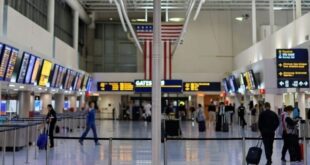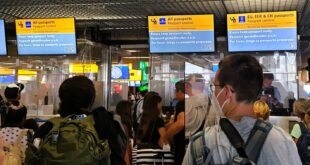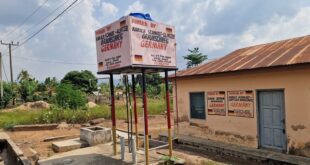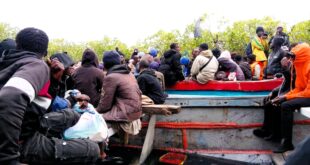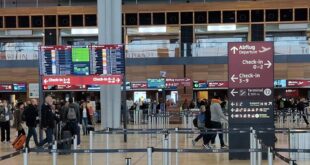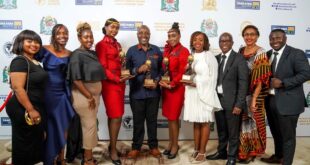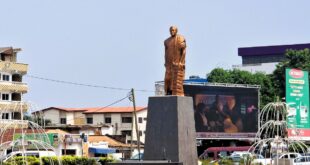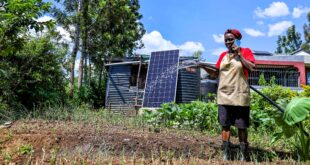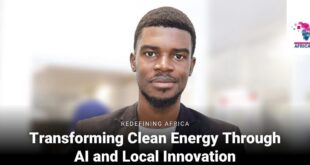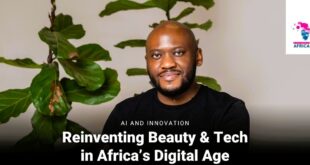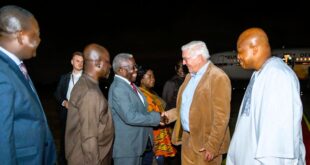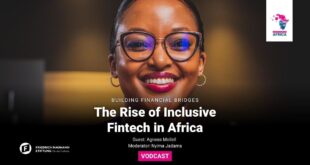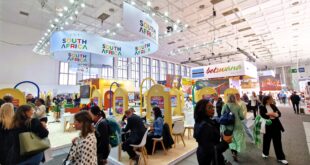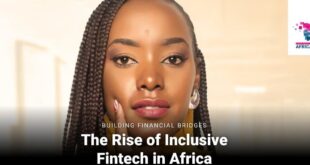Equatorial Guinea is showcasing a different African story — one of modern infrastructure, clean cities and strategic development. Writing from his Trans-African Tourism and Unity Campaign journey, former Ghanaian MP Ras Mubarak highlights the country’s progress while questioning Western double standards that often overshadow African achievements.
![]()
As I journeyed through Equatorial Guinea, driving from Ghana to the vibrant city of Bata as part of the Trans-African Tourism and Unity Campaign, I was struck by the nation’s undeniable beauty and progress.
Our mission to promote African unity, a visa-free Africa and intra-African tourism brought us through this Central African gem, and I witnessed firsthand its pristine landscapes, clean cities and world-class infrastructure.
Equatorial Guinea, with its lush rainforests, pristine beaches along the Gulf of Guinea and biodiverse volcanic peaks of Bioko Island, is a tropical paradise that rivals any global destination. Yet, it’s not just the natural splendor that captivates; the country’s commitment to cleanliness and modern development sets it apart. From Malabo to Bata, streets are remarkably free of litter, a testament to robust sanitation systems and access to clean water, fostering healthier communities and vibrant urban spaces.

Equatorial Guinea’s infrastructure is a marvel, reflecting the nation’s strategic use of its oil wealth to drive progress. Modern highways, ports, and airports like the Bata International Airport connect rural and urban areas, boosting trade, tourism, and economic efficiency. Investments in renewable energy and sustainable infrastructure further highlight a forward-thinking vision, positioning Equatorial Guinea as a leader in African development.
As we drove through well-maintained roads, I saw a nation that has transformed its economic fortunes into tangible benefits—jobs, improved living standards, and connectivity that supports our campaign’s vision of a united Africa.
Yet, the Western press persists in tarnishing Equatorial Guinea’s image with negative reporting, focusing on alleged corruption and authoritarianism while ignoring its strides in cleanliness and infrastructure.
This biased narrative, often steeped in post-colonial prejudice, undermines African progress by discouraging investment and tourism. As we campaign for a visa-free Africa to boost intra-African tourism, such misrepresentation is a barrier we must challenge.
Much of the West’s criticism centres on President Teodoro Obiang Nguema Mbasogo’s long tenure since 1979, during which he has overseen Equatorial Guinea’s transformation. Western voices call this undemocratic, yet they turn a blind eye to their own long-serving legislators. In the US, senators like Robert Byrd (51 years), Daniel Inouye (49 years), and Strom Thurmond (48 years) have held office for decades, as has Chuck Grassley, now at 50 years in Parliament.

In Europe, figures like Hans-Gert Pöttering served 35 years in the European Parliament. Why the double standard? And why do Western critics remain silent on Arab monarchs who rule for decades, often with absolute power, when they align with Western interests?
This hypocrisy exposes a selective moral outrage that Africans must reject.
Contrast Equatorial Guinea with Cameroon, where our journey revealed a stark difference. Cameroon’s cities are marred by litter, its roads are often impassable, and sanitation issues persist, hampering health and economic growth.
Schools in so-called democratic part of Africa often lack basic facilities, with children sitting on floors. In such stagnation, calls for leadership change may hold weight, but in Equatorial Guinea, where clean streets and modern infrastructure thrive, stability has delivered results. As we prepare to continue our journey to Gabon, advocating for African unity, I see Equatorial Guinea as a model for what focused leadership can achieve.
Africans must reconsider the Western lectures on democracy that prioritize elections over outcomes. What use is a multiparty system if streets are filthy, roads are unnavigable, and children lack proper schools? Our campaign for a visa-free Africa and intra-African tourism demands we focus on tangible progress, not hollow ideals.
Moreover, the Western notion of “freedom,” which often pushes practices like same-sex relationships—contrary to many African cultural values—should be rejected if it doesn’t align with our priorities of health, education, and prosperity.
As I drive onward to Gabon, I urge Africans to embrace models like Equatorial Guinea’s, where leadership delivers cleanliness, beauty, and infrastructure, and to chart our own path toward a united, thriving continent.
#OpenAfrica #OpenOpportunities
![]()
 THE AFRICAN COURIER. Reporting Africa and its Diaspora! The African Courier is an international magazine published in Germany to report on Africa and the Diaspora African experience. The first issue of the bimonthly magazine appeared on the newsstands on 15 February 1998. The African Courier is a communication forum for European-African political, economic and cultural exchanges, and a voice for Africa in Europe.
THE AFRICAN COURIER. Reporting Africa and its Diaspora! The African Courier is an international magazine published in Germany to report on Africa and the Diaspora African experience. The first issue of the bimonthly magazine appeared on the newsstands on 15 February 1998. The African Courier is a communication forum for European-African political, economic and cultural exchanges, and a voice for Africa in Europe.


